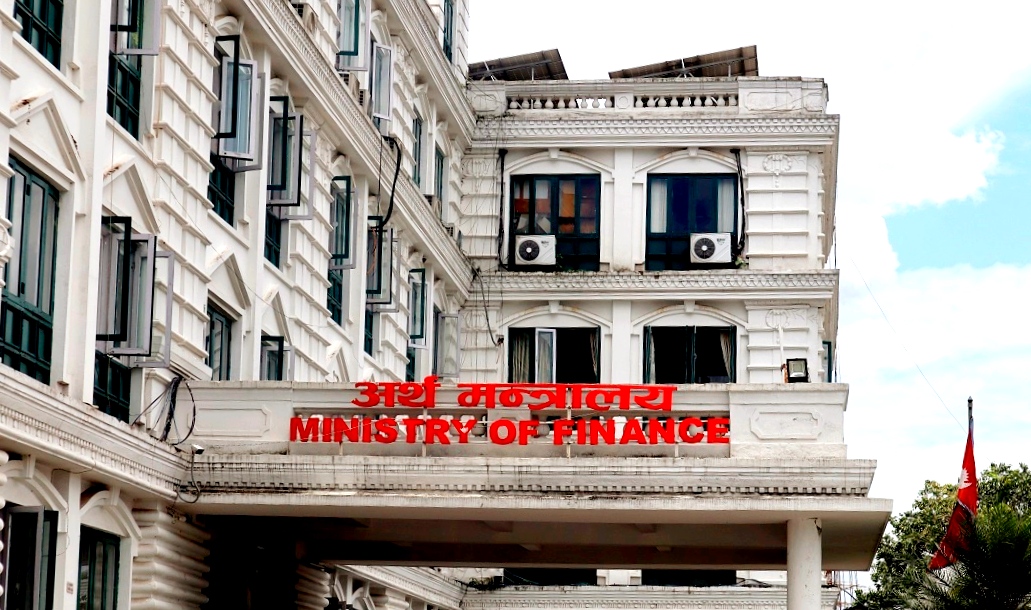Nepal’s economy is struggling due to depleting foreign exchange reserves and soaring inflation. It has approached international financial institutions for a bailout, joining the likes of Pakistan and Bangladesh, who too are hard-pressed to shore up their faltering economy. As a measure to maintain its forex reserves, the Nepal government has curbed the import of so-called luxury items.
As a result, according to Nepal Rastra Bank, imports shrank by 12.9 percent between Aug 15 and Sept 19. Meanwhile, remittance inflows have increased by 20.3 percent to Rs 92.21bn in the review period against a decrease of 17.4 percent in the same period last year. Officials say while foreign currency reserves are still going down, thanks to the import restrictions, they are sufficient to last for prospective merchandise import of 9.4 months, which had fallen to six months in March. But Nepal is not out of the woods yet.
Economist Chandra Mani Adhikari says there is still a risk of a full-blown economic crisis, as all parameters have not been performing well. “Merchandise exports are still surging which is likely to go up during the upcoming festival season,” he says. “Then there is the November election that could further strain the economy.”
Economist Dilli Raj Khanal is also not hopeful about economic recovery in the immediate future. “The stopgap measure of restricting import cannot sustain for long.” The private sector warns that prolonging import restrictions could discourage foreign investment and fuel unemployment, thus hurting the economy even more. Ramping up domestic production and export is one way to save the economy.
Current scenario
· Inflation stands at 8.26 percent
· Imports decreased 12.9 percent, exports decreased 28.7 percent
· Trade deficit decreased 10.4 percent
· Remittances increased 20.3 percent and increased 12.5 percent in USD terms
· Balance of payments remained at a deficit of Rs 22.63bn
· Gross foreign exchange reserves stand at $9.42bn
· Federal Government spending amounted to Rs 22.26bn
· Revenue collection Rs 79.72bn












